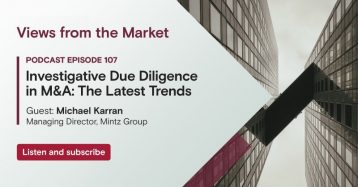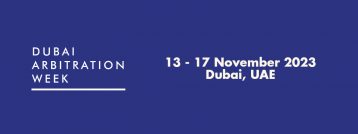 Sedra Solutions and Mintz Group Forge Strategic Partnership to Advance AI-Driven Financial Investigations
Read now
Sedra Solutions and Mintz Group Forge Strategic Partnership to Advance AI-Driven Financial Investigations
Read now

 VCs Intensify Focus
VCs Intensify Focus on Founders’ Background
Checks to Help Mitigate Risk Read now by Michael Karran
 Blockchain Analytics: A Powerful Early Warning System for Crypto Insolvencies
Read now
by Sean Anderson and Eleanor Warnick
Blockchain Analytics: A Powerful Early Warning System for Crypto Insolvencies
Read now
by Sean Anderson and Eleanor Warnick
 The Art & Science of Investor Due Diligence
Read now
The Art & Science of Investor Due Diligence
Read now

Our Services
Background Checking
Before Relationships
Fact Gathering
During Disputes
Internal Investigations
After Allegations
Mintz Group By the Numbers
280+ Investigators
12 offices across 7 time zones
30+ languages
10,000+ enhanced investigations per year in more than 130 countries
300,000+ screening investigations per year


